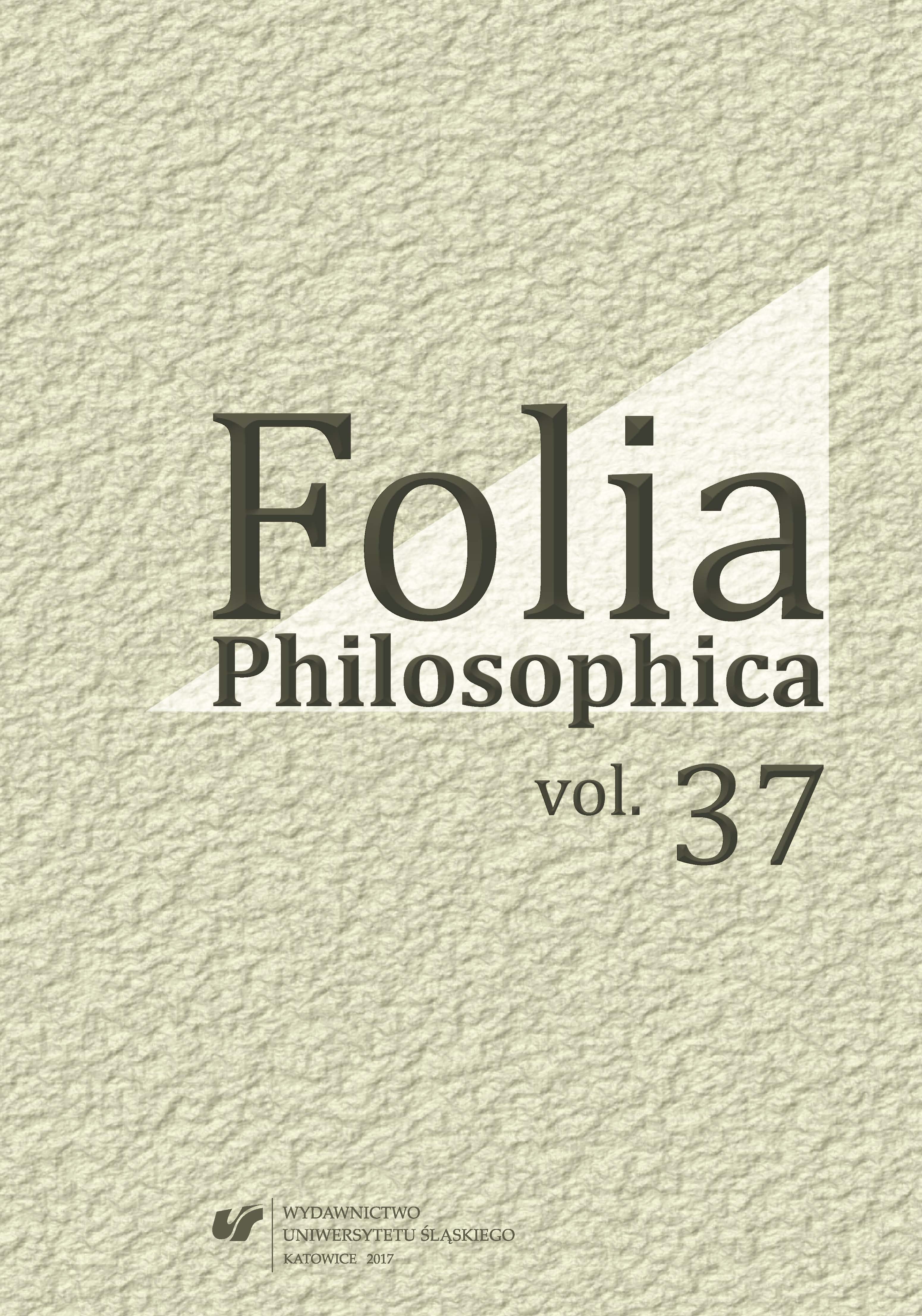Patočka and Hegel’s philosophy of the history of philosophy
Patočka and Hegel’s philosophy of the history of philosophy
Author(s): Vladimír LeškoSubject(s): History of Philosophy, Philosophical Traditions, Special Branches of Philosophy
Published by: Wydawnictwo Uniwersytetu Śląskiego
Keywords: Patočka; Hegel; history of philosophy; philosophy of history; philosophy of the history of philosophy
Summary/Abstract: Hegel’s history of philosophy has a special place within his philosophical thought, and this fact is evidence of its philosophical importance. It has become the organ of the self-knowing mind in time as an integral component of the philosophy of the objective spirit. Patočka very precisely defines four main dimensions of Hegel’s philosophy of the history of philosophy: 1. The development of philosophy is organic. Different philosophies are different developmental stages of the same organism. 2.The role of an individual is subordinate; it does not belong to philosophical content. 3. Time is but a mere external milieu, a mirror of the inner development in the organism of spirit. Philosophy and other aspects of spirit in different periods of time are manifestations of the very same stage in the development of spiritual substance. Each historical period can be expressed rationally. Time thus does not have a positive content-related meaning. 4. The advance of philosophical systems corresponds with the logical development of thought. The core of Hegel’s philosophy of the history of philosophy as Patočka identified it could not be put forward in a better way. According to Patočka, Hegel is right in thinking that the history of philosophy lives a life of systematic philosophy; it reflects our systematic nature, our tendency towards a system. The history of philosophy and philosophy itself for Patočka, as well as for Hegel, create unity — a kind of organic totality.
Journal: Folia Philosophica
- Issue Year: 2017
- Issue No: 37 ENG
- Page Range: 67-86
- Page Count: 20
- Language: English

